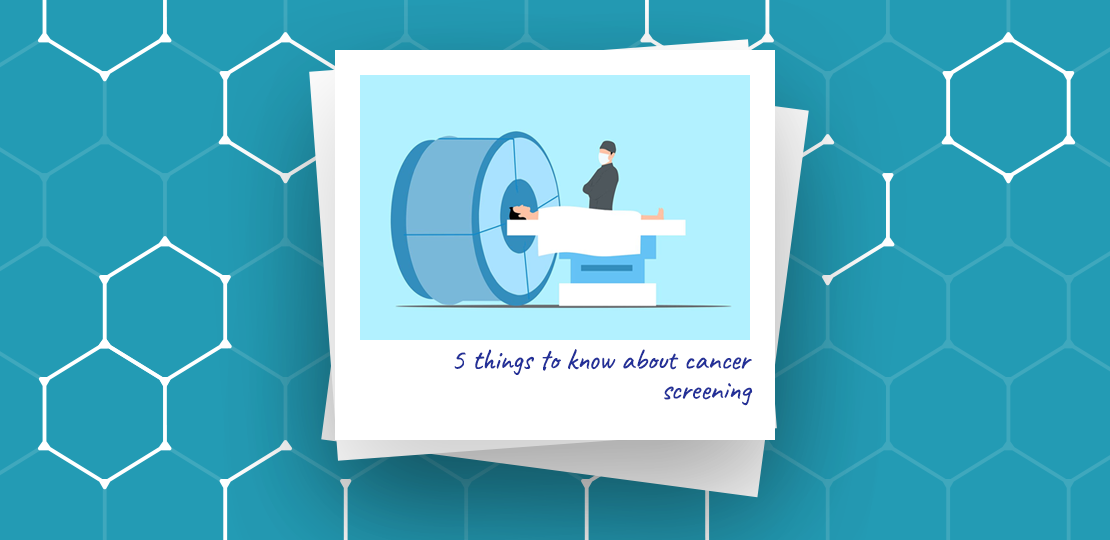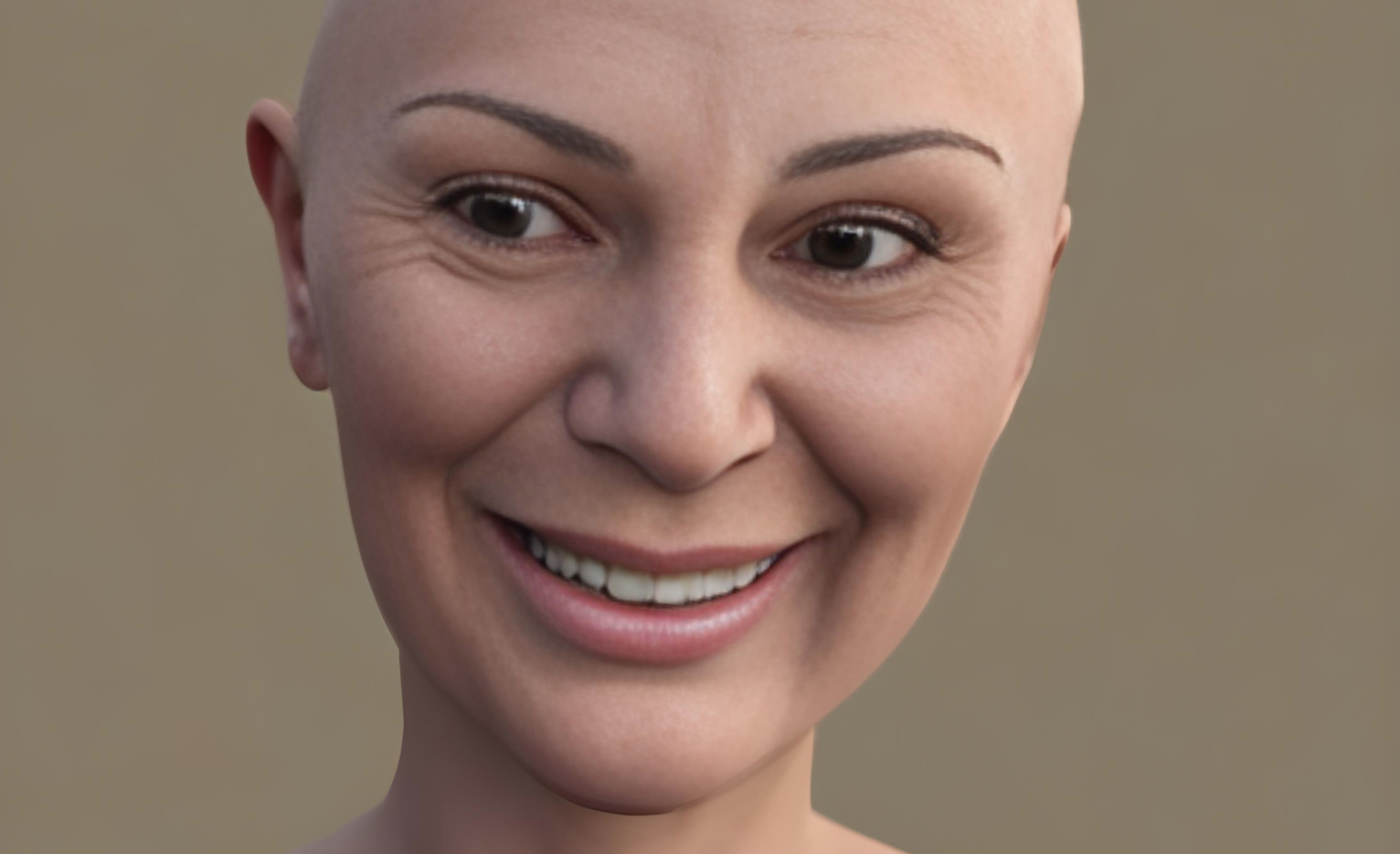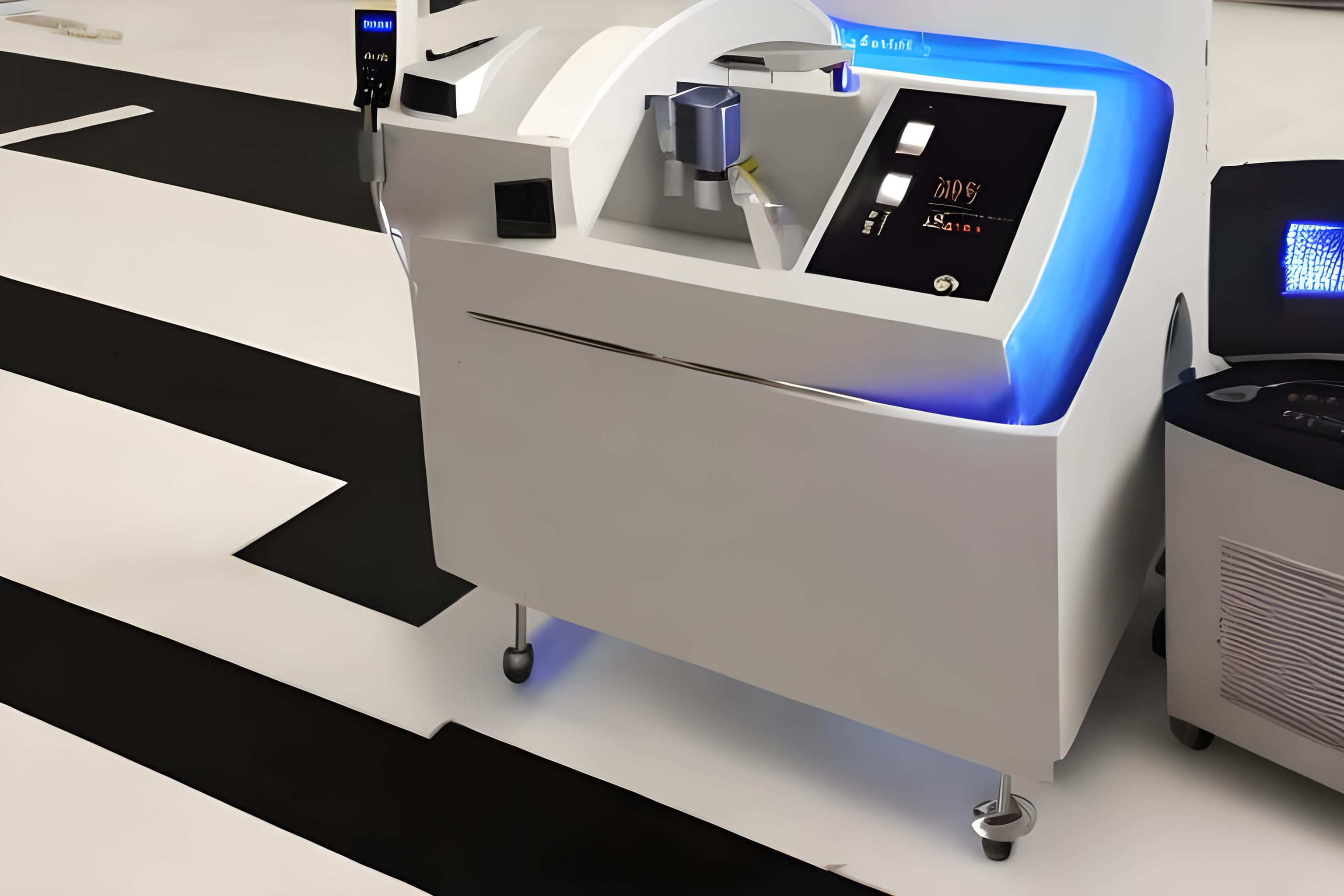
16/03/2023
5 things to know about organized breast cancer screening:
- It is offered to all women from the age of 50, every two years until age 74.
- Screening consists of mammography and clinical breast examination by a licensed radiologist
- If there are breast cancers in the family or family history, the attending physician may suggest screening earlier.
- Breast cancer screening can detect it at an early, localized stage, before the appearance of clinical signs (palpation of a mass in the breast, for example): this increases the chances of remission.
- Early detection of breast cancer makes it possible to detect small cancers that require treatments that are easier to bear.
5 things to know about individual screening for prostate cancer:
- It is not organized mass screening but individual screening that is offered to men after discussion with the general practitioner.
- It can be offered from the age of 50 or earlier depending on the family history of prostate cancer.
- It consists of a blood test for total PSA, and if the value is above 2.5 to 4, a second test is offered.
- A digital rectal examination is carried out to look for a nodule suspected of cancer in the prostate by the attending physician or urologist.
- If cancer is suspected, an MRI of the prostate is prescribed by a urologist to search for tumors and biopsies to confirm the diagnosis.
5 things to know about colorectal cancer screening:
Blue March is the month for the promotion of organized screening for colorectal cancer.
- it is offered by french social security to men and women every two years from age 50 to age 74.
- It consists of carrying out an immunological test to look for traces of blood, often not visible to the naked eye in the stool. It is painless and reliable. The screening kit is available in pharmacies free of charge (in France for french citizens) in a blue envelope.
- The screening kit is free in France, it is carried out at home, and the stool sample is sent to a medical biology laboratory
- In the event of a positive test, the general practitioner refers to the gastroenterologist in order to carry out a total colonoscopy to look for a tumor.
- Screening helps detect colorectal cancer at an earlier stage, before clinical signs appear, and improves patients’ chances of remission.
5 things to know about cervical cancer screening:
- Cervical cancer is linked to the Human papillomavirus, especially HPV 16 and 18.
- The HPV virus is most often transmitted through sexual intercourse. It can cause cancers of the cervix, ENT cancers, tonsils, and anal cancers.
- cervical cancer screening is offered to women aged 25 to 65 and consists of a cervical smear: the cells of the cervix are analyzed (cytology) or detection of the virus is by testing HPV HR
- the first two tests are 1 year apart then every three years
- Vaccination against the Human Papilloma Virus for girls and boys from the age of 11 to 15 provides close to 100% protection against the virus.




